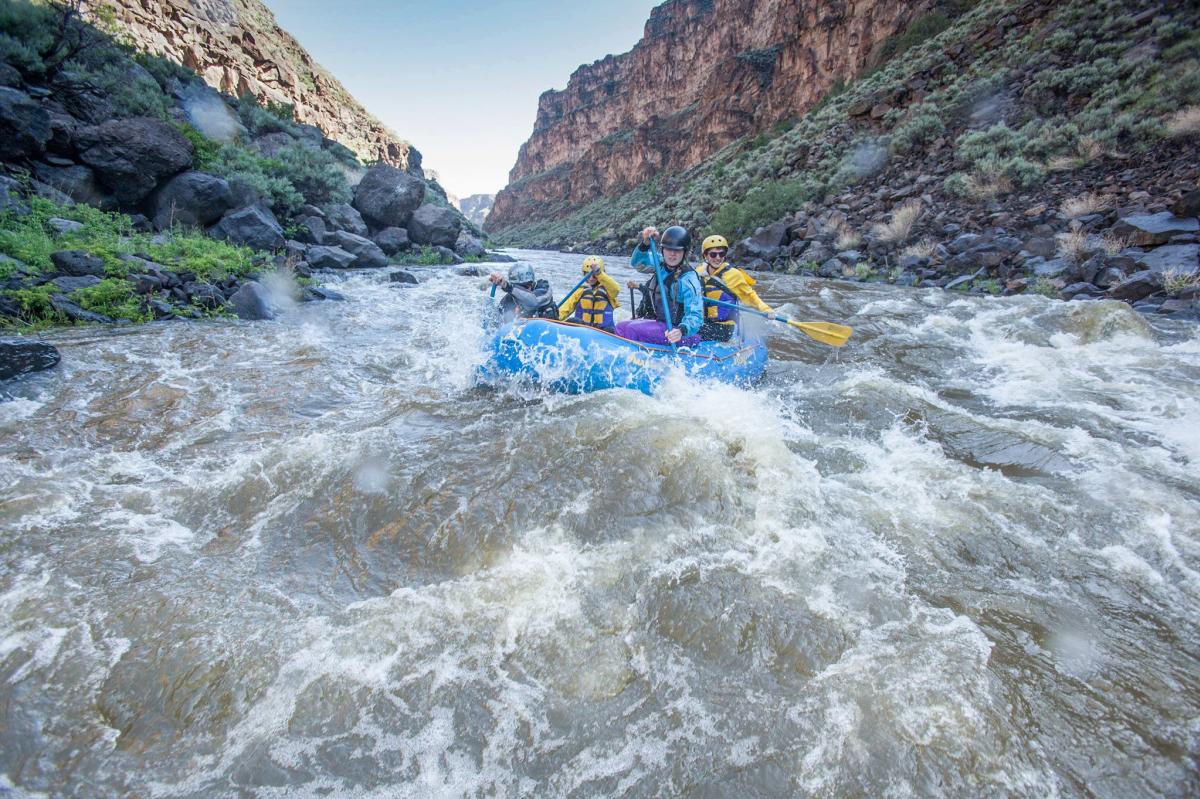Tour Operator Product Development Guide
With domestic outdoor travel in the U.S. becoming more attractive than ever, without a doubt, the tourism industry will play an increasingly important part in the economic future of New Mexico. As the industry begins to recover from 2020’s lost year of travel, will 2021 be the year of recovery? And if it is, what does that mean for Entrepreneur Tour Operators? The industry expects to see a shift in how visitors and members of our communities seek travel experiences with a high level of enthusiasm, a newfound sense of freedom and making up for missed travel by taking more leisure trips.
People will spend more time in locations where they feel safe and comfortable. Seeking the great outdoors and venues, recreational experiences, destinations within their own vehicle, touring museums and art galleries, exploring restaurants and breweries. How about something fun, unique, enjoyable, rich in natural culture, history, and just different?
With this in mind, it is therefore crucial that you, the Entrepreneur Tourism Operator think in these terms when developing your product offerings. Think about the adventurous spirit, the explorer, the family activity. How old, young, limited, new, or local are your tourists and customers? Are there gaps in the market that you can meet with your resources and experience?
In order to make your business profitable and to maintain your viability over the long term, you may need to learn how to*:
- carry out adequate business and marketing strategies
- carry out accurate product-pricing calculations
- develop suitable, high-quality packages
- control operating costs
- focus on high-quality customer service
- generate repeat customers
In addition to establishing good business practices, tourism operators need to establish a philosophical foundation for their products and programs. Tourism is a customer-service industry that relies extensively on local resources for the product. It is important to establish a personal and business philosophy (other than financial) for such things as:
- the goals and objectives that you want to project through your business operations
- the educational priorities of your packages (e.g., educating clients about New Mexico’s culture and heritage)
- the lifestyle priorities behind your involvement in the business (e.g., achieving a successful business operation while maintaining quality time)
- the ethical values underlying how the business carries out its marketing (e.g., a conscious effort to use less paper)
- the business values that relate to operating in a responsible and sustainable manner (e.g., hiring locally or returning 10% of gross revenue to a local cause)
The ability to develop and operate sustainable tourism businesses is crucial to the long-term viability and market of the industry. A long-term approach to tourism depends on the wise use and conservation of our natural resources; the protection and enhancement of our environment; and the preservation of our cultural, historic, and aesthetic resources (beauty).
Ecotourism
Ecotourism has become the most recognized marketing term and concept consistent with the notion of sustainable tourism. There is an increasing requirement to deliver products in an environmentally responsible manner, not only because new tourists expect us to, but because as an industry, our survival depends on it.
DEFINITION OF ECOTOURISM Non-consumptive, purposeful travel, that creates an understanding of cultural and natural history, while safeguarding the integrity of the ecosystem and producing economic benefits that encourage preservation. Ecotourism implies a scientific, aesthetic, or philosophical approach with a high level of interpretation. From the report adventure Travel and Ecotourism: The Challenge Ahead' prepared by the Canadian Tourism Commission, October; 1997.
By definition, ecotourism involves experiencing and learning about a natural environment or preserved culture. Wildlife viewing is one of the most common activities of ecotourists, with viewing of plants and vegetation an important secondary one. Spring and summer are the busiest times for these activities, but other seasons offer unique experiences as well. Winter, for example, provides opportunities for animal tracking, while both spring and fall are excellent times for bird watching (as summer migrants travel to or from winter habitats).
Eco-tourists tend to stay longer and spend more money per day than the average tourist. Expenditures are more likely to benefit the local community because eco-tourists seek out local goods and services, as part of their desire to experience the 'authentic' destination.
Ecotourism is not likely to overwhelm existing economic activities such as agriculture, but rather promotes mutually beneficial linkages within a diverse, integrated economy. The emphasis on local ownership of accommodations and other services ensures that most profits and job opportunities are retained locally while fostering a sense of community empowerment and control. Ecotourism often thrives in outlying regions that big business has not yet discovered.
Product
To develop a new or innovative product, the process must begin with a solid foundation. Try writing an overview of your business, considering the following key areas. Key points for a product’s foundation include:
- A personal and business philosophy for what is being done
- An understanding of industry trends and market demand
- The ability to search out and assess opportunities and to take advantage of them when conditions are right
- Knowledge of customer needs and buying patterns
- Familiarization with competitors’ products and pricing
-
Food & Brewery Tours
New Mexican cuisine is primarily known for its fusion of Pueblo Native American with Hispano Spanish and Mexican cuisine. Running through it all is the chile pepper: red if the pod is ripe, green if it's harvested early. What a great opportunity to discover this must-visit culinary destination through a food tour!

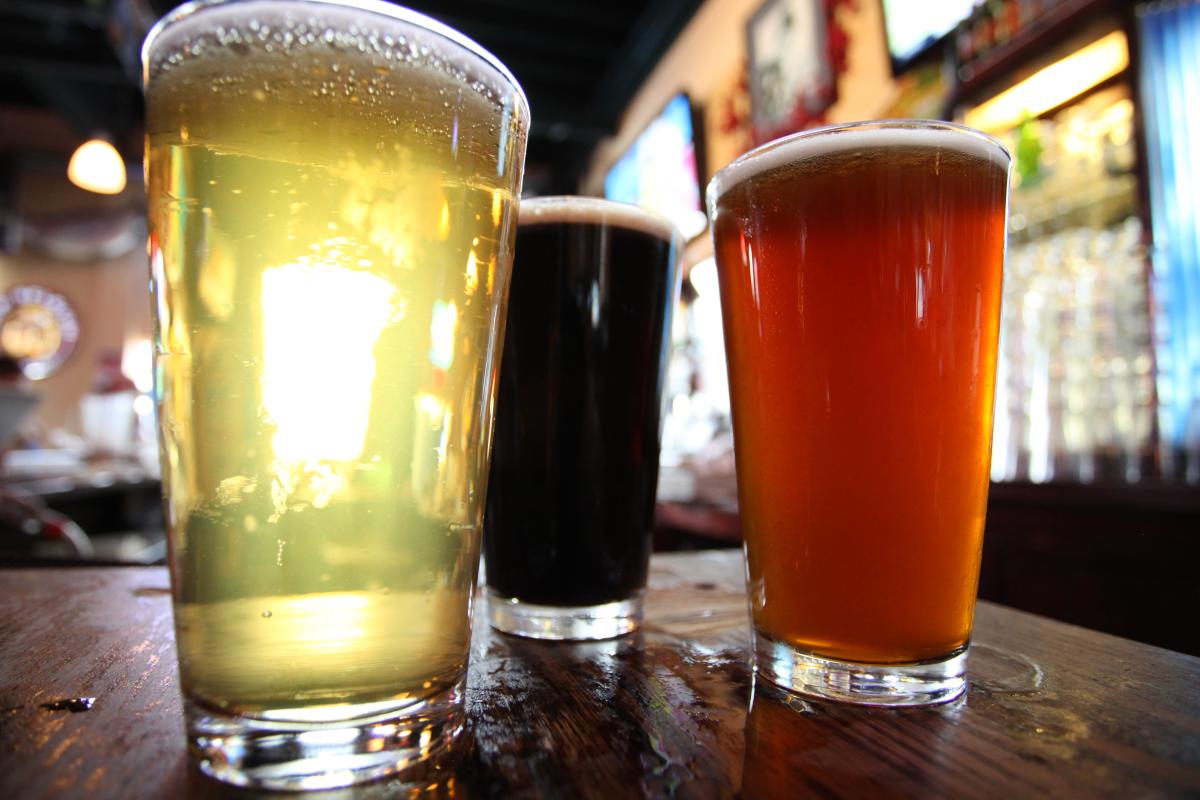
-
Art & Chocolate Tour
The enchanting landscapes of New Mexico have drawn artists from around the globe. Native American art, museums, galleries, and arts centers in every corner of the state are dedicated to the expansion and exploration of contemporary arts and culture. Immerse your visitors in a truly unique cultural experience.

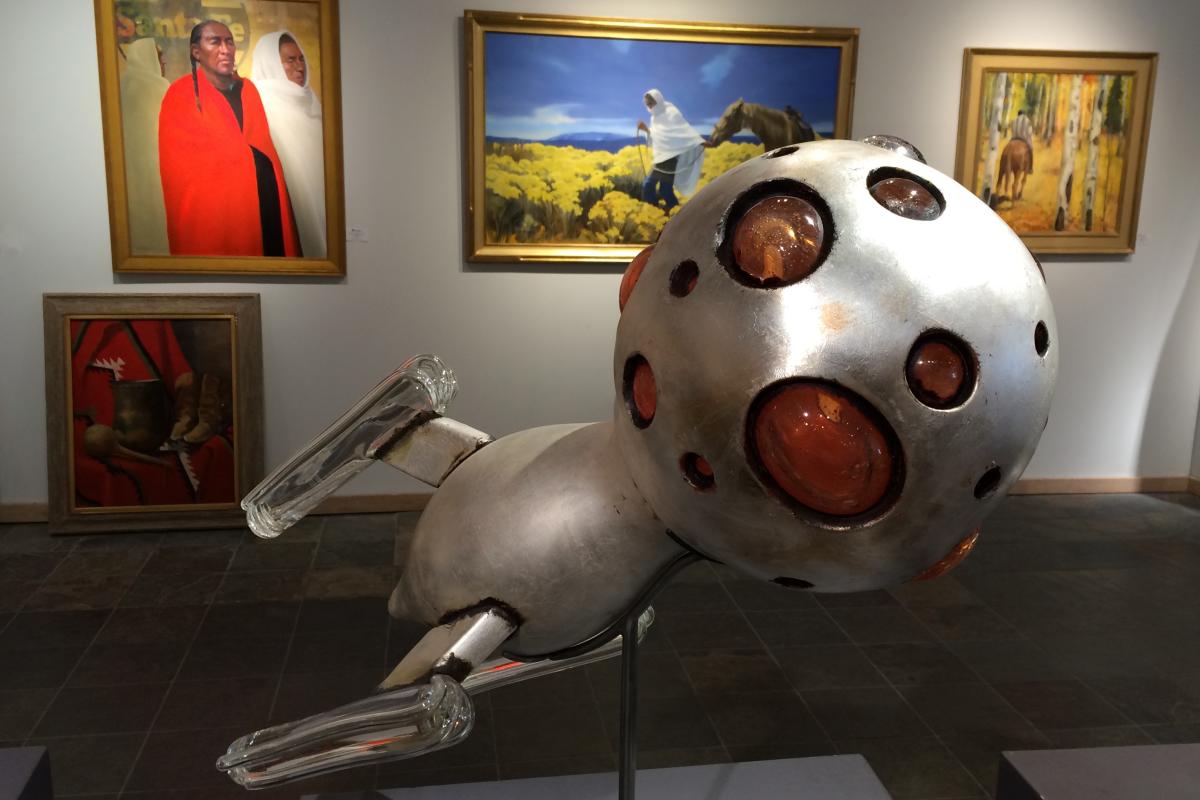
-
Hiking and Biking Tours
Where the Rockies begin, the State is also home to five national forests, 15 national parks and monuments, 34 state parks, and 26 wilderness areas. Wheeler Peak, near Taos, is New Mexico’s highest peak 13,161 feet, and Elephant Butte Lake State Park, near Truth or Consequences, is home to the state’s largest lake. This vast and eclectic array of outdoor attractions lends itself to a wide variety of tour opportunities of all sizes for adventurers and explorers to experience and discover why New Mexico is known as the Land of Enchantment.


-
Native American Tours
New Mexico’s vibrant culture and history includes 23 pueblos, tribes, and nations where visitors can explore and experience Native communities, Native American Feast Days, annual markets, museums, gatherings & Pow Wows.

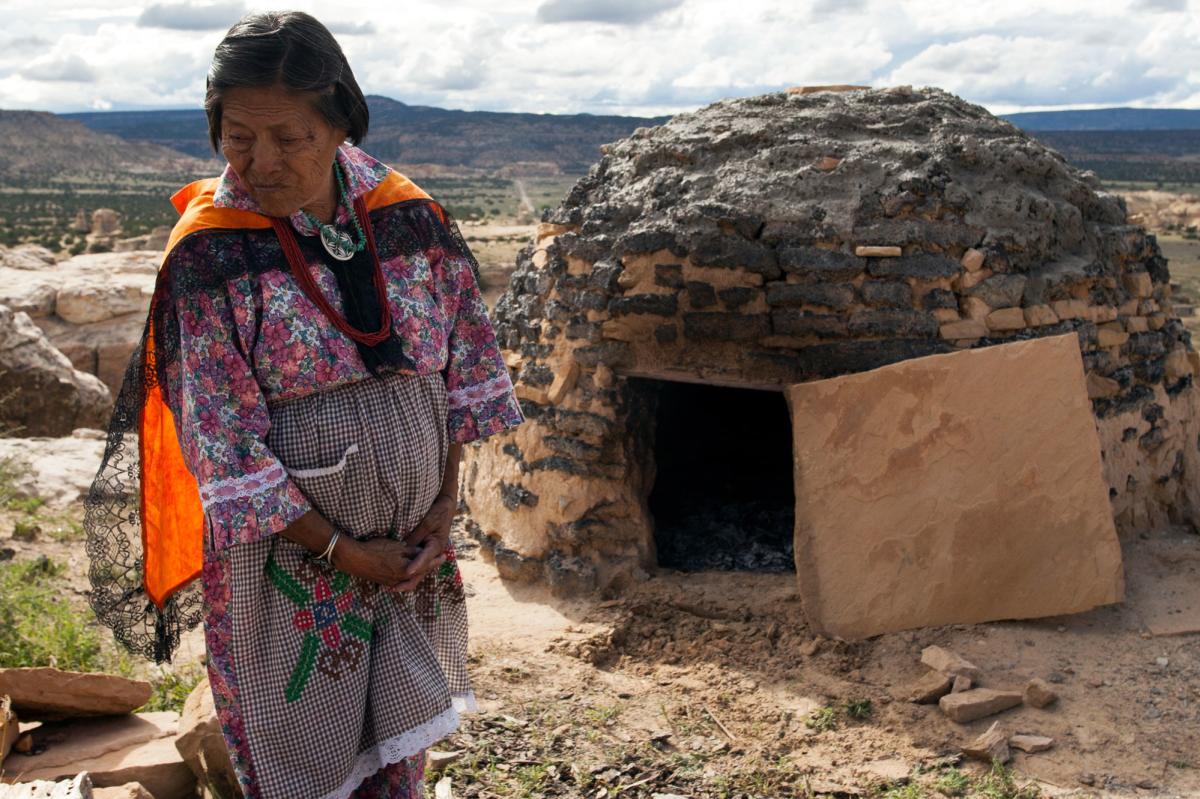
-
Jeep Tours
The possibilities are endless where exploration and adventure abound. Every year the Land of Enchantment attracts millions of visitors who seek out its scenic beauty and infinite varieties of outdoor recreation. Jeep tours are a great way to offer scenic adventures to all types of visitors.

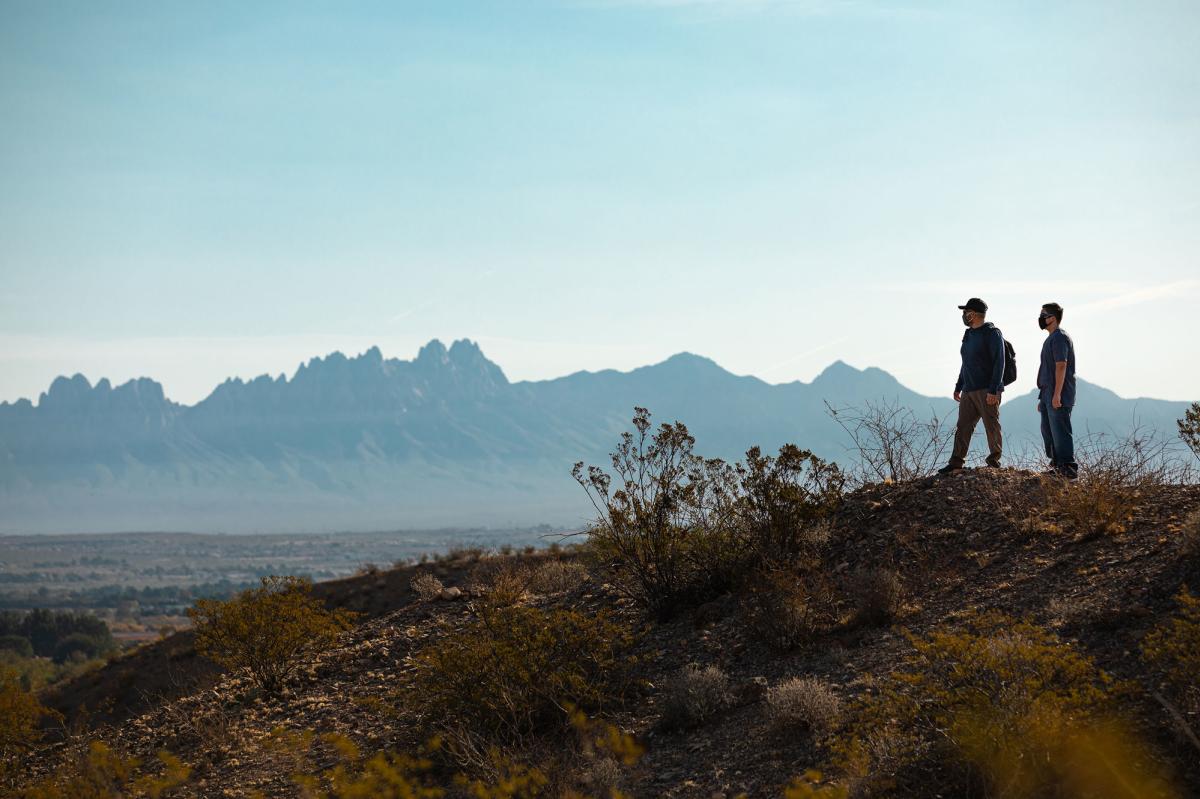
-
River Rafting & Kayaking
The Rio Grande, which ribbons through the state from north to south, is the fourth-longest river in the U.S. Give the gift of serene and rapid waters, vast mountainous views, red rock, waterfalls, wildlife, and wildflowers in bloom. From Rio Chama to the San Juan and Animas Rivers to the Pecos, Canadian, Cimarron, Mora and Gila Rivers. New Mexico supplies an abundance of rafting and kayaking tour opportunities.
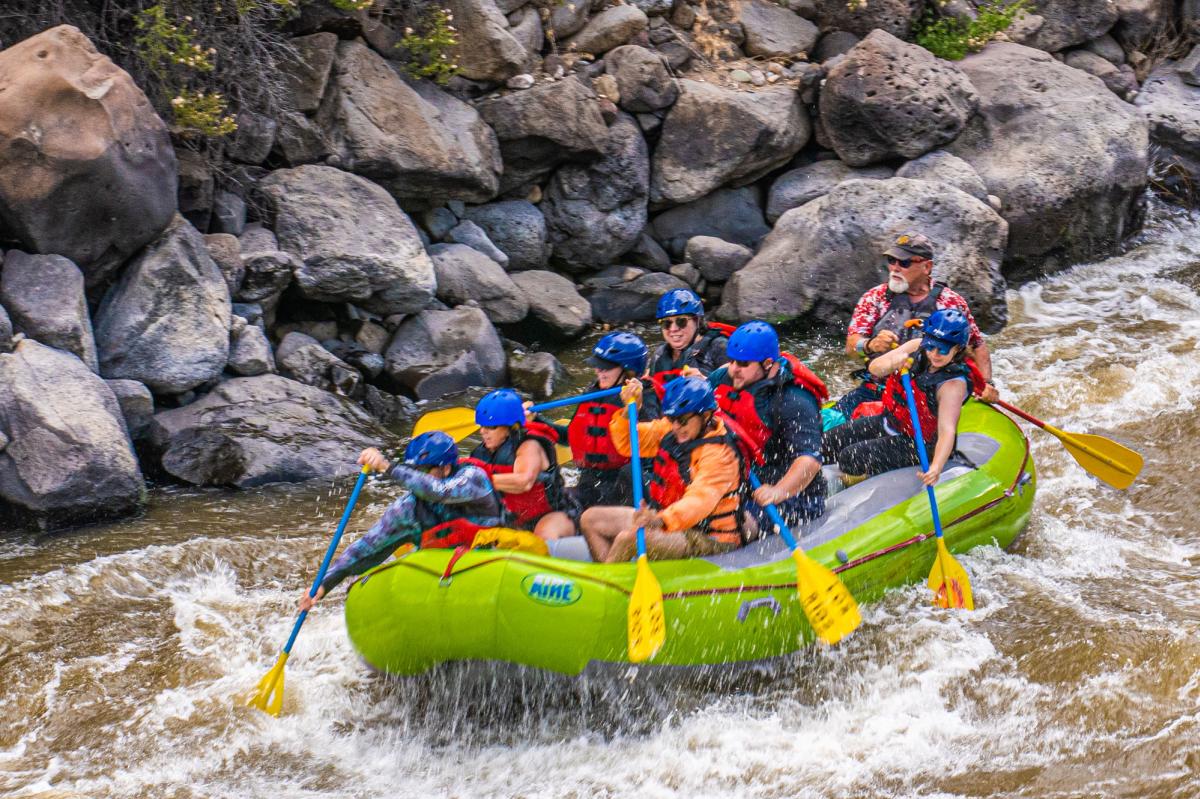
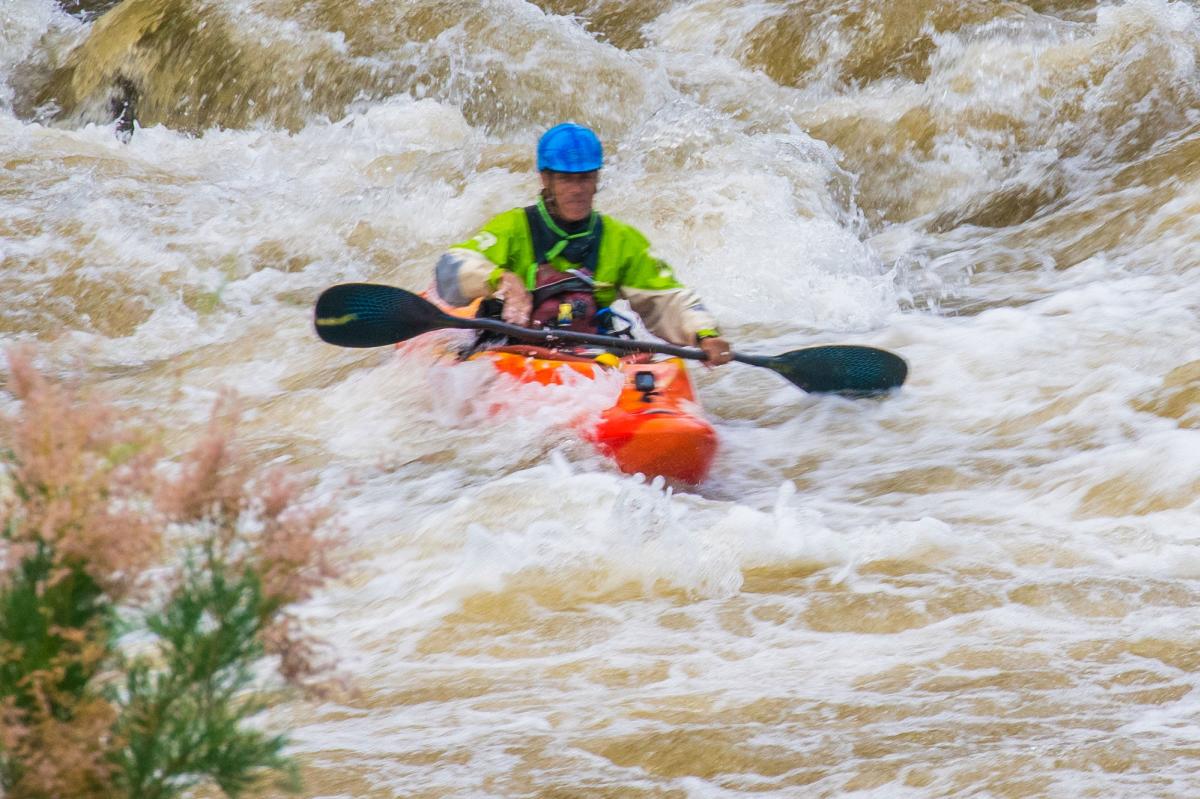
Exercise
Attempt to answer these same questions for your product:
- When would be the best time of year/week for a tour?
- What would your potential clients be interested in doing/seeing?
- How long would they like the tour to be?
- With whom might they travel, e.g. spouse, friend, club?
- What type of accommodation would they prefer?
- How much activity is desirable in a day?
- How much would they be prepared to pay?
- What would be expected of the guides?
- What specific activities interest potential clients?
- What would they hope to gain from this experience?
Once you have laid the foundation and are clear on the purpose of your product, structure naturally follows. These components of structure can now be figured into your product:
- Itineraries
- time factors
- staffing
- facility bookings
- vehicle and equipment needs
- supplies
- costs
- other program logistics
Before beginning to market products, you must be certain of success. Far too often, people think their product is great and do not see or hear the signs indicating that, although it may be great, it is not what the target market wants. The excitement of entrepreneurial work and the novelty of creating a product can blind operators.
Wise entrepreneurs think of their product ideas as questionable and find concrete evidence to prove their worthiness. Here are seven common reasons why new products fail.
- not enough financial support
- lack of a marketing plan or poor execution of marketing mix
- target market is too small
- no access to consumers
- poor product quality and customer service
- insignificant difference between your product and competitors' established product
- bad timing
When you are developing a product, it is important to consider that your customers can differentiate your product from that of your competitors. If they cannot, you will compete head-to-head for consumers with no advantage.
Your product can be different in a number of ways. Perhaps your product competes with your competitors in one or more of the following ways:
- price - e.g., higher-priced deluxe tour, lower-priced economy tour
- product quality - e.g., better food, more comfortable vehicles
- service - e.g., hotel pick-ups, permits or specialized equipment provided
- diversity of products offered - e.g., a choice of three unique tours
- staff quality - e.g., qualified, certified, experienced
- product features - e.g., specialized resource people, exclusive or unique opportunities
- flexibility - e.g., customized packages, special departures, able to meet special needs
Next Steps:
Refer to the Entrepreneur Tour Operator Toolkit - Branding & Marketing Guide as your next step.
Additional Resources:
- Bureau of Land Management (BLM) New Mexico
- Economic Development Department
- New Mexico Restaurant Association
- New Mexico State Land Office
- New Mexico State Parks
- National Park Services Policies for Commercial Use Authorizations (CUAs)

